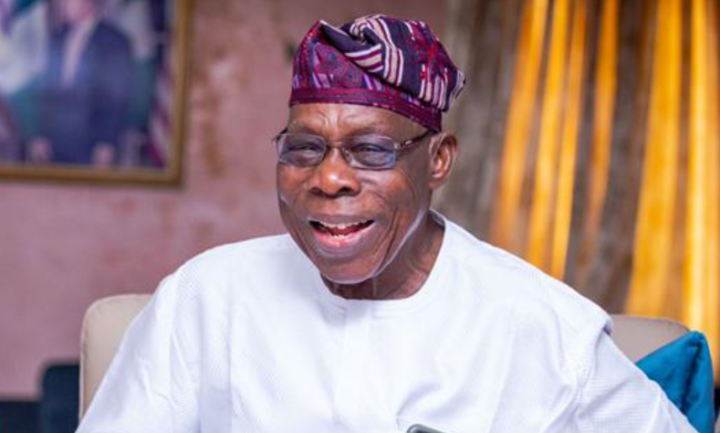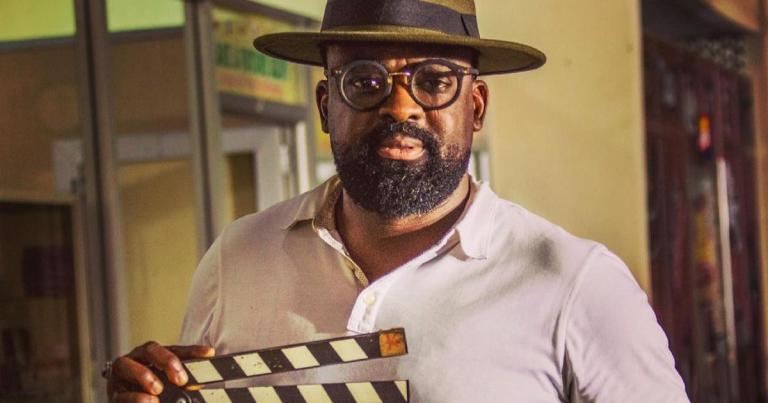Former President Olusegun Obasanjo delivered a thought-provoking and inspiring address at the Bauchi Investment and Economic Summit, urging Nigerian leaders to strengthen governance, deepen partnerships, and create an enabling environment for sustainable investment.
Speaking before an audience of policymakers, business leaders, and investors, Obasanjo began on a spiritual note, expressing gratitude to God for a day that, according to him, “gives us hope about this country, no matter the situation we may be in.” With his trademark humour, he recalled how his name had initially been omitted from the list of speakers until Vice President Kashim Shettima insisted he be included.
His speech soon evolved into a masterclass on leadership and national development as he outlined what he called the Five Ps: Politics, People, Protection, Partnership, and Performance through Leadership as the foundation for progress. He explained that the first “P,” politics and governance, must be right for everything else to work. “If governance is not right, then all other things will go wrong,” he said pointedly.
The second, he continued, is people. “Living, governing, and development are all about the people,” he emphasized, noting that any policy or investment that fails to improve the lives of citizens is meaningless. The third, protection, represents peace, security, and stability. Obasanjo warned that no investor would risk capital without certainty and predictability. “Nobody will bring in ₦100 unless he is confident that it will become ₦120, and that he can repatriate ₦10 and reinvest ₦110,” he said.
He described the fourth “P,” partnership, as the binding force of progress, calling for collaboration at every level, including the local, community, state, and national levels, and across sectors such as the private sector, government, civil society, and religious institutions. “Partnership between the private and public sectors is essential,” he said. “Partnership among states, and between Nigeria and the international community, must be strengthened if we want true growth.”
Beyond these, Obasanjo emphasized the centrality of leadership, which he described as the decisive factor in national progress. “Leadership is not a picnic,” he said. “There are times you must step on toes, but do it without malice. Step on toes righteously.” He commended Governor Bala Mohammed for his leadership in Bauchi State and urged him to remain firm and people-oriented.
To illustrate his point, Obasanjo shared a now-famous anecdote from his presidency, a 5 a.m. phone call to Aliko Dangote, which led to the transformation of Nigeria’s cement industry. He recounted asking Dangote why he was importing cement rather than producing it. Dangote replied frankly that importing was more profitable. Obasanjo then asked what could make local production viable, and Dangote suggested that the government tie import licenses to local production quotas.
Obasanjo implemented the idea. “From 1956 to 2003, Nigeria never produced five million tonnes of cement,” he said. “Dangote achieved that, then surpassed it.” The success, he noted, was a direct result of partnership between the government and the private sector, demonstrating how strategic collaboration could spur industrial growth.
The former President also drew lessons from Vietnam, a country that within six years became the world’s second-largest producer of coffee after Brazil, despite starting from scratch. “It can be done,” he said, underscoring that transformation requires vision and consistency.
Reflecting on his post-presidency efforts, Obasanjo spoke about the Zero Hunger Programme, launched to promote food security and agricultural development. He urged states to identify and focus on a few key agricultural areas where they have comparative advantage. Addressing Governor Mohammed directly, he advised Bauchi to focus on rice production, tourism, and livestock, noting that with such focus, the state could achieve remarkable results within two years.
Obasanjo concluded his speech with a challenge to African leaders: the resources to develop the continent exist both within and outside Africa, but the key lies in creating the right environment for capital to flow, stay, and perform. “The money to develop Africa is available,” he said. “What may not be easily available is the right condition to make it come in, stay in, and do what we need it to do. We must create a conducive environment for that money to work.”
With a final word of encouragement, he urged the Bauchi government to sustain its momentum. “You have started,” he said. “Never get tired. Make yourself a model for others to follow.”










